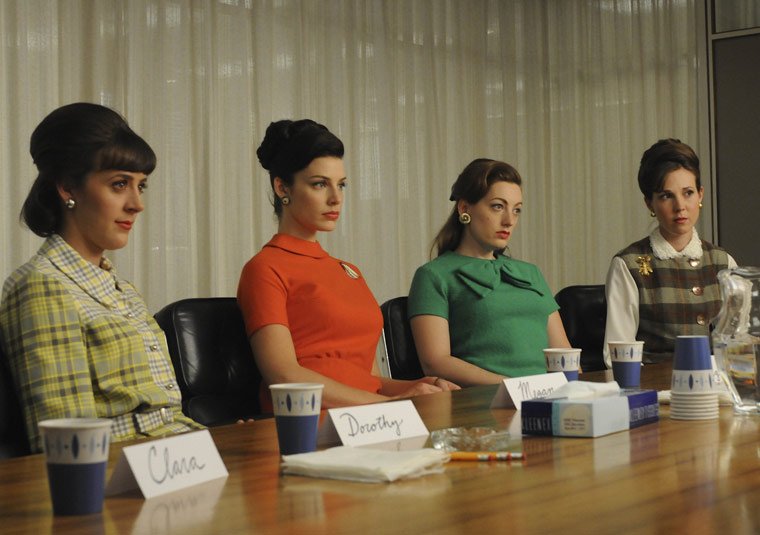
Nobody did focus groups better than Mad Men
Over the course of a typical year, I will conduct a focus group on one or two cases. The cost is usually minimal in relation to the overall case value. The purpose of running a focus group is usually to evaluate specific case issues and get a feel for how an impartial jury feels on seeing your case on first impression. For various reasons, using focus groups for determining case values is not particularly reliable.
A focus group collects panelists who reflect the typical makeup of your expected trial jury in the county where your case will be tried. We all prefer a representative sample of the educational level, racial makeup, political leanings etc.
Usually, I will prepare a reduced presentation of exhibits and an outline of the case. Since the defense is not present, I try to deliver a middle of the road presentation. Think about a just the facts ma’am, Sgt. Friday type presentation. The goal is not to argue one side or another. Rather, the goal is to ferret out how jurors feel about issues in your case that are problematic or will make or break your case.
Often, nuggets of information come out of focus groups that help me either negotiate a settlement or grab onto important pieces of information that did not seem important to me previously in the case. Lawyers will often test out case themes or use a focus group to test a particular problem. Let’s say you are in a medical malpractice case and your pregnant client lost her baby due to medical decision-making. Does it matter that the mom was a smoker? Does it matter that this was the mom’s first child or fourth? Does it matter that she missed a pre-natal appointment? All of these are examples of issues that a jury may or may not care about. How they view the issues is going to be important in the trial.
